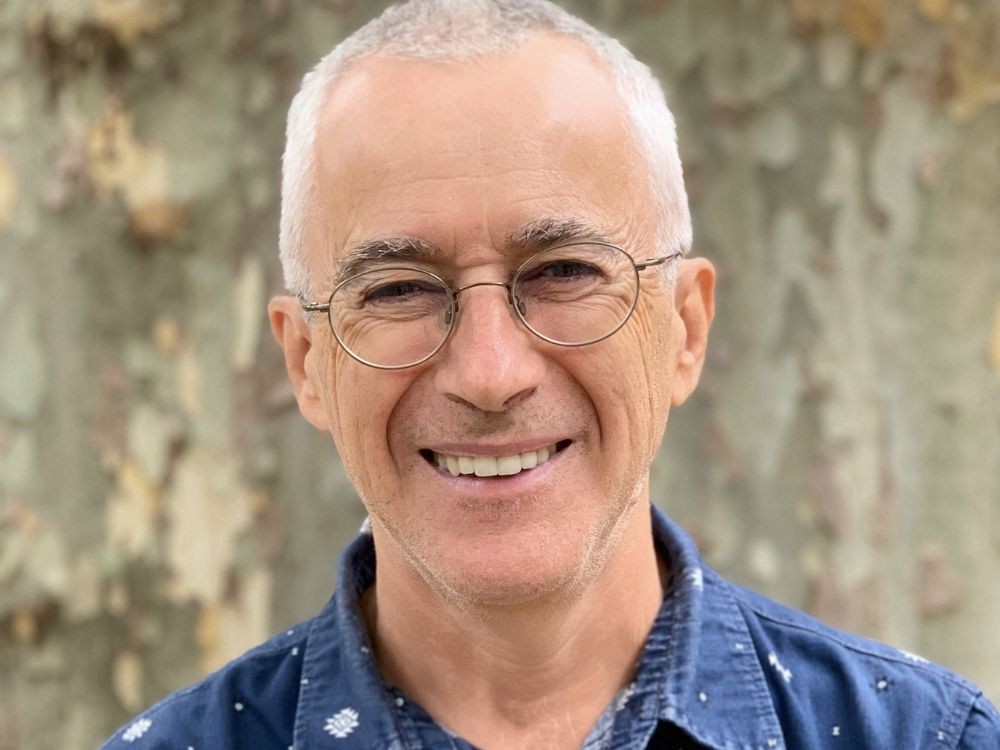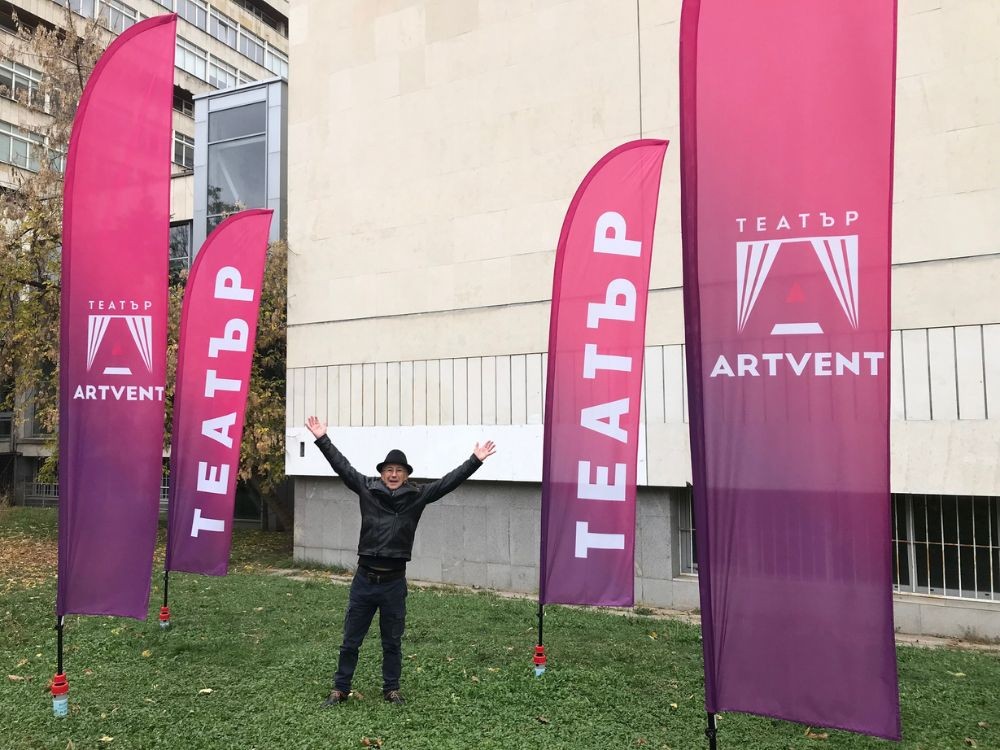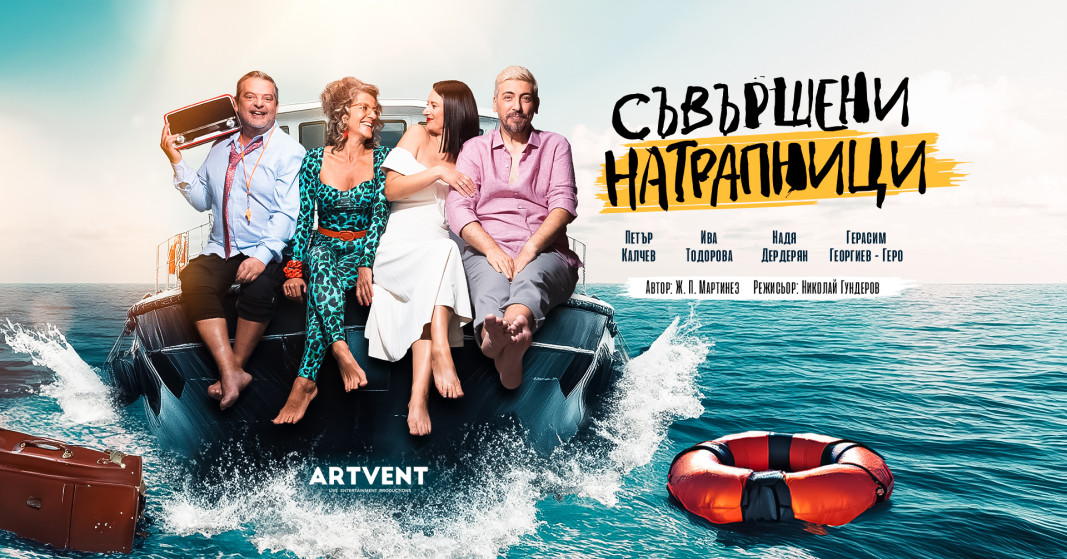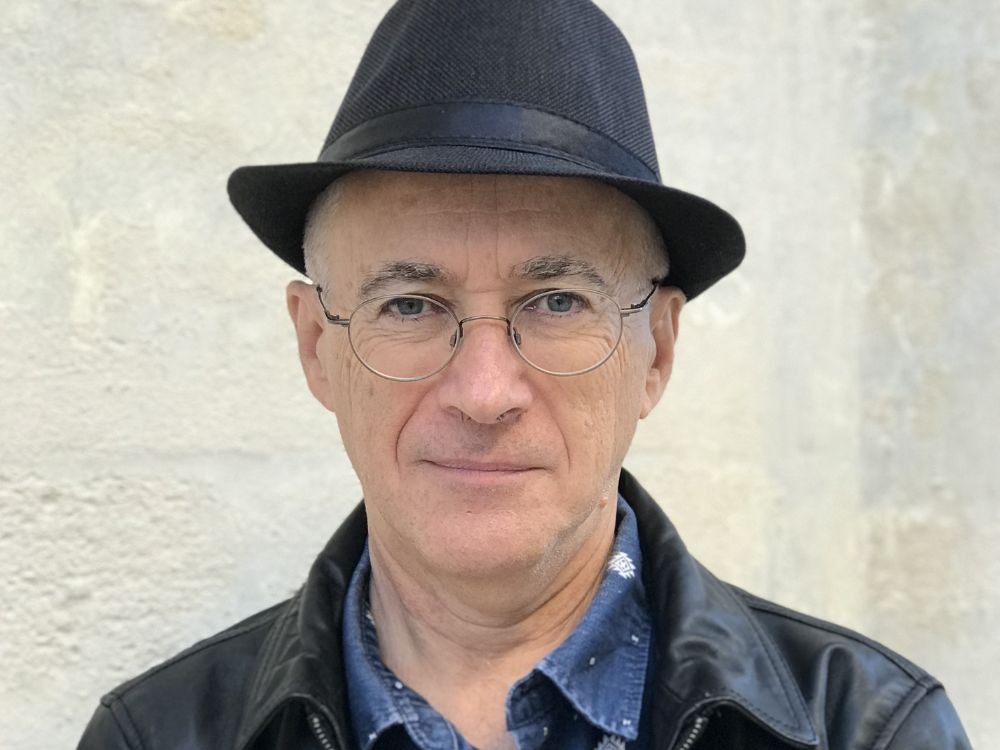 "We turn on the TV or open the newspaper and see horrific tragedies. The comic is a prism through which we look at reality, so as not to be completely discouraged. Since we cannot change the world, at least we can make it a little more bearable. The comic is also a kind of hygiene, so that we do not take ourselves too seriously, do not become edifying and do not overdo it with our ego."
"We turn on the TV or open the newspaper and see horrific tragedies. The comic is a prism through which we look at reality, so as not to be completely discouraged. Since we cannot change the world, at least we can make it a little more bearable. The comic is also a kind of hygiene, so that we do not take ourselves too seriously, do not become edifying and do not overdo it with our ego."


Svetlana Yancheva has been honored as best actress at two festivals abroad for her participation in the short film Freckles , the production team announced. The international recognition comes from TMFF (The Monthly Film Festival) – Glasgow, and SFAAF..
A series of events that transform urban spaces into living stages for creative expression - this is the project "River of Arts", which is implemented by the "Central" district of the Municipality of Plovdiv. Within three days - from June..
30 years ago, the imposing Reichstag building in Berlin was dressed in silver fabric in one of the most spectacular actions by the Bulgarian-born artist Christo and his wife Jeanne-Claude . Now a light installation resurrects this event, BTA reported...

+359 2 9336 661
